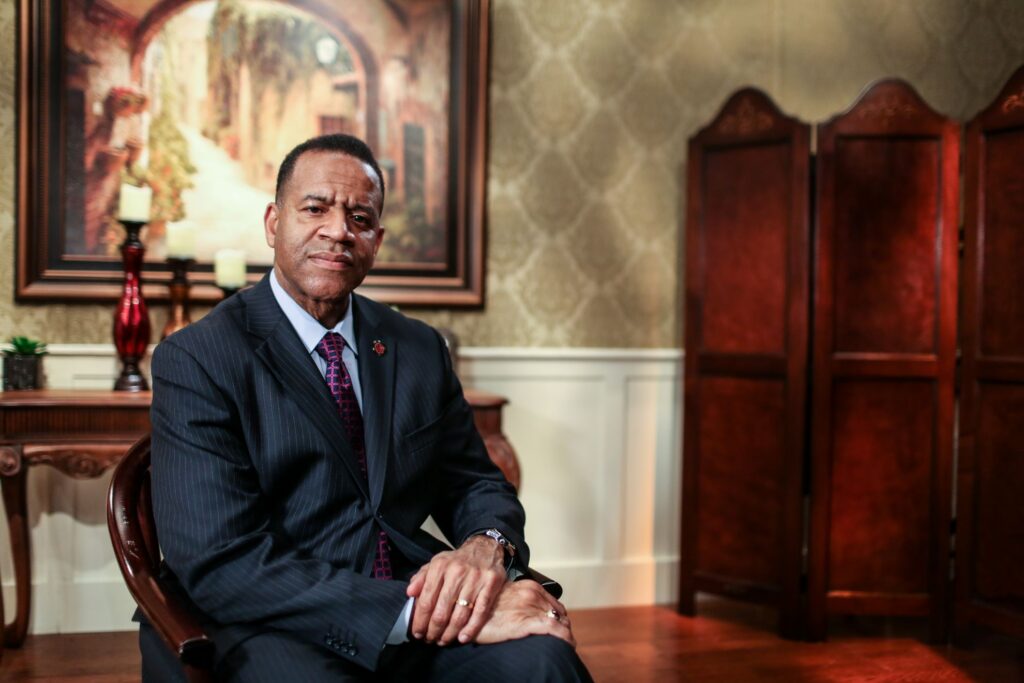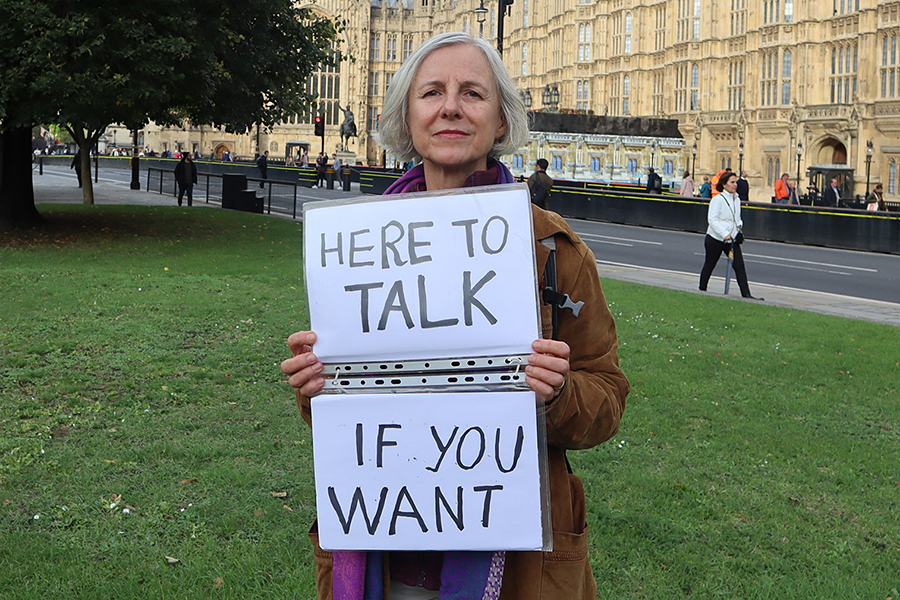
The video-sharing platform Rumble was founded with an emphasis on free expression. The company’s website speaks of being “immune to cancel culture” and praises the benefits of “more ideas, diverse opinions, and dialogue.”
Rumble summarizes its goal succinctly: “We are on a mission to protect a free and open internet.”
Becoming the government’s censorship police is just about the furthest thing from that mission. But a law in California tried to force the platform to do exactly that.
California’s AB 2655 tried to deputize Rumble to restrict its users’ speech while also compelling Rumble’s speech. That’s unconstitutional, and it’s why Alliance Defending Freedom chose to represent the video-sharing platform in a lawsuit.
Censorship in multiple flavors
In September, California Gov. Gavin Newsom signed a pair of bills into law. The first, AB 2839, applied around election time to any person or group who distributes “materially deceptive content” about candidates, elected officials, and certain election material.
The second law, AB 2655, required large online platforms like Rumble to become state snitches by sometimes labeling and other times taking down posts with said “materially deceptive content” about elections.
In September 2024, ADF attorneys filed a lawsuit on behalf of The Babylon Bee and California attorney Kelly Chang Rickert to challenge both laws. But they are far from the only ones affected by the new legislation.
AB 2655 would have had vast implications for Rumble’s work to protect a free and open internet. As the video platform’s “Our Story” page states, the rise of cancel culture has “created an accelerated need for platforms like Rumble who support diverse opinions, authentic expression, and the need for open dialogue.”
AB 2655 demanded that Rumble both censor the speech of its users and express a message with which it disagrees. That’s antithetical to Rumble’s mission, and it’s also antithetical to the First Amendment.
How would the law have worked?
Even when AB 2655 was being drafted, a committee of the California State Assembly conceded that the law “would interfere with both the expression and reception of information based upon its content.” But that didn’t stop the legislature from passing the law.
Under AB 2655, Rumble was considered a “large online platform.” Such platforms were required by the law to take three actions regarding “materially deceptive content”:
- The reporting requirement required that platforms provide a way for California residents to report content that they think should be removed or labeled as “manipulated” and “not authentic.”
- The removal requirement required that platforms develop ways to identify and remove “materially deceptive content.”
- The labeling requirement required that platforms develop ways to identify and label “materially deceptive content.”
Of course, the million-dollar question is what content counts as “materially deceptive.” The law required Rumble to remove and label content that would “falsely appear to a reasonable person to be an authentic record” and that is reasonably likely to harm a candidate’s “reputation” or “electoral prospects,” undermine “confidence” in an election’s outcome, and more.
These broad stipulations strike at the heart of the First Amendment’s protection. As the U.S. Supreme Court has recognized, language in our political debates includes “political hyperbole”; “vehement, caustic, and sometimes unpleasantly sharp attacks”; and “vituperative, abusive, and inexact” statements. But it all remains speech entitled to the utmost protection. Political speech is the essence of our self-governing society.
AB 2655 tried to trample on free speech, using the authority of the state and threat of punishment to coerce Rumble into suppressing the speech of its own users. The law also compelled Rumble’s speech through its labeling requirement.
A positive ruling for free speech
Thankfully, in August 2025, a federal court handed Rumble and ADF’s other clients a win when it determined that these new censorship laws were unconstitutional. It’s a key ruling given what these censorship laws were attempting to do.
California’s law would have been a disaster for free expression. Its vague standards give government officials unbridled discretion to target speech that state officials don’t like—and force platforms like Rumble to go along with it. AB 2655 threatened the heart of public discourse, and that should concern every American.




